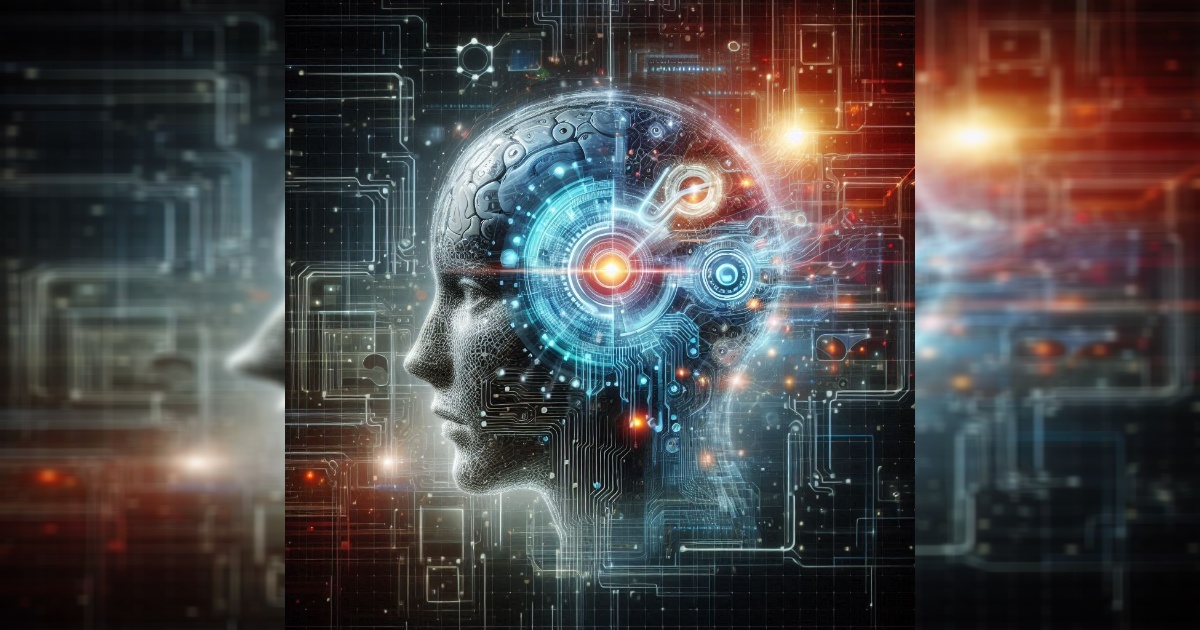
The Future of Artificial Intelligence
Introduction
Artificial Intelligence (AI) has rapidly evolved from a futuristic concept to a cornerstone of modern technology. As AI continues to integrate into various sectors, its impact on society grows increasingly profound. This article explores the potential future of AI, its current applications, and the challenges and opportunities it presents.
Current Applications of AI
AI technology is already making significant strides across different industries:
- Healthcare: AI algorithms are being used to diagnose diseases, develop personalized treatment plans, and even assist in surgeries.
- Finance: AI is revolutionizing financial services through fraud detection, algorithmic trading, and personalized financial advice.
- Transportation: Self-driving cars and intelligent traffic management systems are reducing congestion and improving safety on roads.
- Retail: AI is enhancing customer experiences through personalized recommendations, chatbots, and efficient inventory management.
Future Prospects
The future of AI holds exciting possibilities:
- Advanced Machine Learning: As machine learning algorithms become more sophisticated, they will be able to analyze and interpret data with unprecedented accuracy.
- AI in Everyday Life: From smart home devices to virtual assistants, AI will continue to make everyday tasks more convenient.
- AI and Ethics: As AI systems become more autonomous, ethical considerations will become paramount. Ensuring that AI is developed and used responsibly will be a key challenge.
- AI in Education: AI-driven personalized learning systems can adapt to individual student needs, potentially transforming the education sector.
Challenges and Considerations
While AI offers numerous benefits, it also poses challenges:
- Privacy and Security: With AI systems handling vast amounts of data, ensuring the privacy and security of this data is crucial.
- Job Displacement: As AI automates tasks, there is a potential for job displacement. Preparing the workforce for this shift through reskilling and upskilling will be essential.
- Bias and Fairness: AI systems can inadvertently perpetuate biases present in the data they are trained on. Developing fair and unbiased AI systems is a significant concern.
Conclusion
The future of AI is both promising and complex. As we continue to develop and integrate AI technologies, it is crucial to address the challenges they present and harness their potential for the greater good. By doing so, we can create a future where AI enhances human capabilities and contributes to societal progress.
0 comments